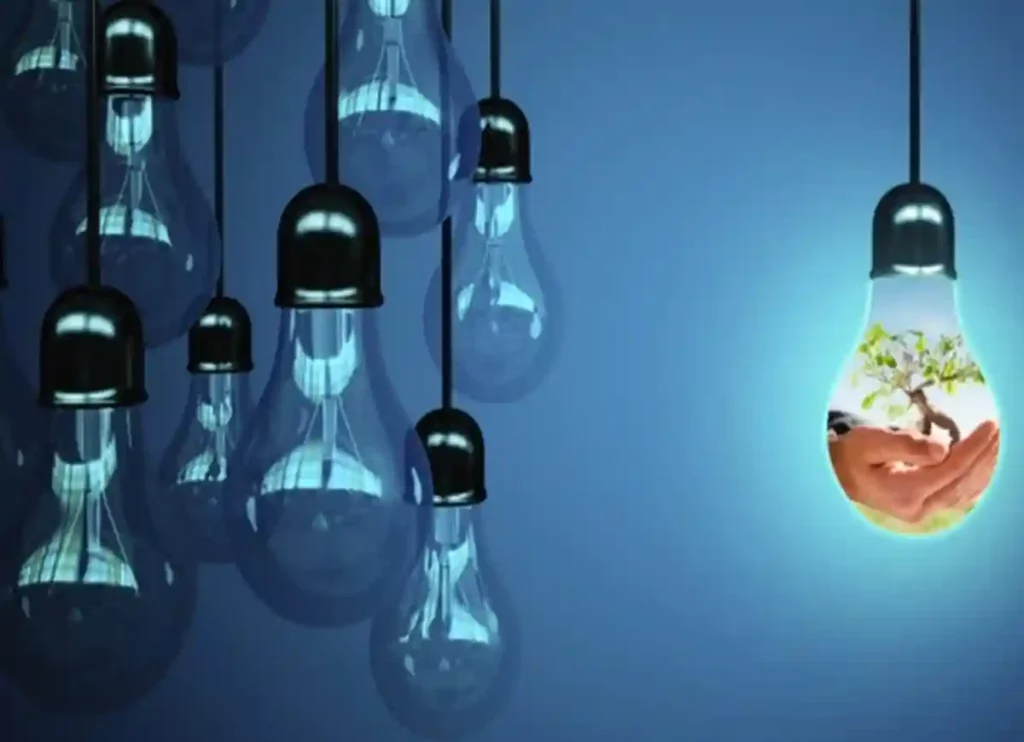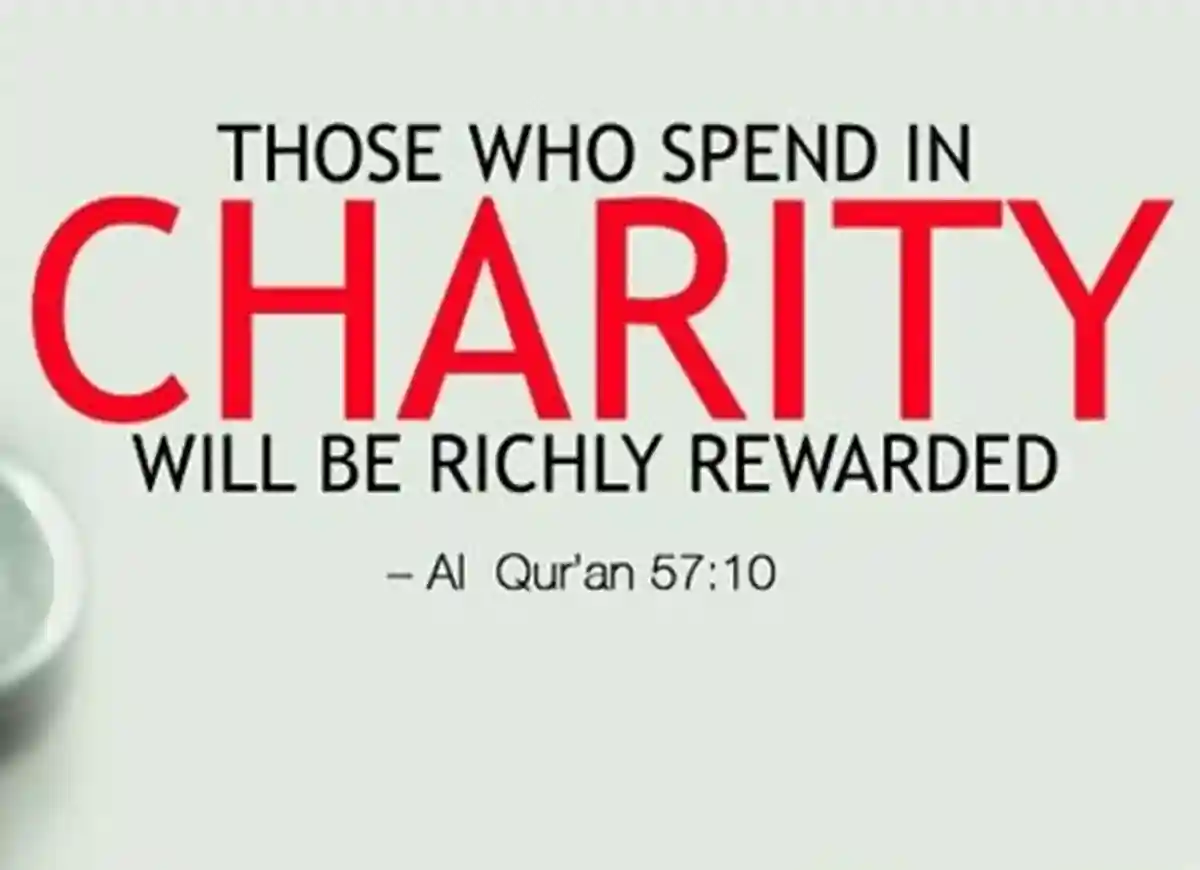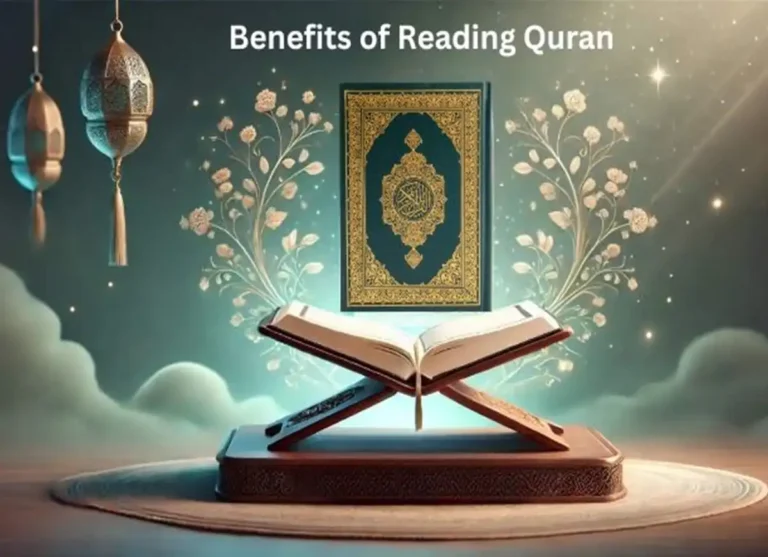Harnessing the Impact – How Your Zakah Can Drive Positive Change and Better the Lives of Those in Need” If Zakah is among the foundations of Islam, It follows that the pillar of Zakah must be placed on a solid foundation.
The solid foundation consists of the unshakeable faith of every Muslim, 100% commitment, complete sincerity, and commitment to the idea that our planet’s resources should be accessible to all species and humans for their nourishment, sustenance, and development.
The Quran states:
“There is no living animal on earth whose food is dependent upon Allah. He knows the date and time of its specific abode as well as its place of temporary storage: All is recorded in a single record.” ( 11:6)
“How many of the creatures that do not carry their food? This is Allah who provides for (both) the creatures and your; because He is the one who hears and knows (all aspects).” ( 29:60). Also, see (6:152 and 17:31)
The Prophet’s (PBUH) indefatigable conviction of his total dedication and complete obedience to the system of Zakah resulted in the creation of the fundamental foundation of a universal welfare-based economy in Medina. It was at its peak during Khalifa Umar’s (R) period, during which time, according to some sources, there was hardly anyone in need of assistance.
If we follow the example of the Prophet (PBUH) and his companions, there will be no doubt nor doubt about the ultimate purpose of Zakah:
“They want to know how much they want to spend. Say”What’s over your desires.'” ( 2:219).
This is why the system of economics in Zakah, which is based on the Qur’an, is distinctive and based on individuals’ desire to be lifted spiritually and morally, not singly materially.
At first, Allah asks us for Sadaqaa (charity or voluntary giving), which is utilized to slowly transform a flawed balanced economic system (based on greed) into a more balanced system that provides equal economic opportunities and equal protection for everyone.
The wealthy are required to return their wealth to the benefit of the less fortunate and disadvantaged people who initially put in the effort to create this wealth. Charity is a temporary measure, while Zakah is a recurring aspect of Islam.
By giving charity a quick solution, the Quran recognizes that long-term or indefinite dependence of people and nations on other people results in the degradation of the self-image of a human being as well as diminishing human dignity and a lack of liberty and thinking and all of these are the components of the human development and growth.
Incentive to Give
What incentive can motivate people to donate their wealth to charity? What benefits will a person who presents their surplus wealth?
If there aren’t satisfactory answers to these questions, individuals will not be enticed to give away their wealth. Everyone would want to give up their hard-earned cash with benefits. The Qur’an declares:
He spits water down from the sky, and the channels flow according to their size, but the stream carries out the foam, which rises to the surface. And, from that (ore) that they cook in the fire for making ornaments or tools,
There is scum, too. So, does God (by the parables) reveal Truth and vanity? Because the scum is like froth sucked out, but that which is in the best interest of humanity is left on the earth. Thus doth God set forth parables. (13:17)
The above passage clearly reveals the answer to our concerns: only this system will last forever and benefit all humanity.

Two Options, Two Choices
People are inclined to do work for their advantage. This is what drives the motivation that drives individuals to do their best. However, according to the Qur’an:
The system in which everybody works to benefit one’s benefit doesn’t remain in place, no matter how much tweaking or patch-up is made to preserve it. Contrarily,
HTML0 – The system where all people work together for the good of all humanity will last forever. It is based on the foundation of its inherent strength and strength.
Second, the individual benefits are noticed. They do not occur in a hurry or immediately. They happen in a way and occur in the long term when, in this first model, each person receives their own benefit directly.
It is the Qur’an refers to this gain as short-term or Mataa’uddunya. On the other hand, the longer-term benefit that accrues to those who have been able to share and distribute their benefits from the world to humanity is known as the benefit for the future or Aakhira. It is also known as the”life of the future, also known as Ha-yaatul Aakhira includes life beyond death, too ( 87:16-17).
The human body serves as used as a vehicle for “self,” also known as the “self,” or “soul,” is left behind and the soul is transported into another dimension, the same way the mother’s womb serves as an instrument for the fetus that eventually is separated and travels independently.
This belief in the larger picture (or the possibility of a future life) connects humans to other human beings, just as members of a household work together to ensure the achievement of all family members. Involving in advancing humanity’s future will ultimately lead to growth and development in your “self,” a necessity for every individual’s next journey.
To achieve this, Allah’s sources must flow freely to nourish everyone. Stopping this flow from reaching certain areas of humanity is similar to blocking the blood flow from reaching a specific location within the human body. This means that not just the affected part is affected, but it also causes death and destruction of the entire body.
The Quran instructs that we should work for the benefit of this life and the future ( 2:201, 7:156), in contrast to people who view the prosperity of our economy as a means of achieving itself. In the Quran, these individuals live on the animal level.
“Verily Allah will admit those who believe in Allah and perform good deeds to the Garden where rivers flow, and those who do not believe in Allah will savor (thus the world) and eat as cattle eat, and the fire will be their home.” ( 47:12)
Humanity is currently suffering because Muslims have ceased to follow the authentic method of Zakah, which was implemented in the time of our Prophet (PBUH) along with his companions (R). There will be no escape until Muslims begin following the Sunnah that was revealed by The Prophet (PBUH).
Categories: PRAYER (Salat), ALMS (Zakat), SAWN (Fasting) HAJJ (Pilgrimage) & DUA (Supplications), Hadith and Tafseer, The Holy Quran, Quran Jaz 1- 114
Topics: Ushr and Zakat, Hijab, Arabic Corner, Faith, Islamic History, Biography, Sirat ul Nabi PBUH, Islamic Studies, Halal & Haram
ZAKAT:
- Zakah | Zakat al Mal | Zakat – Learn Islam
- Zakat ul Fitr | Muslim Charity – Learn Islam
- Beneficiaries of Zakat | Islamic Relief Worldwide
- Importance and The Significance of Zakat in Islam
- Zakat Facts | Importance of Zakat | Benefits of Zakat
- Zakat al Fitr: The Obligatory Eid Gift to Be Made Before The End of Ramadan








